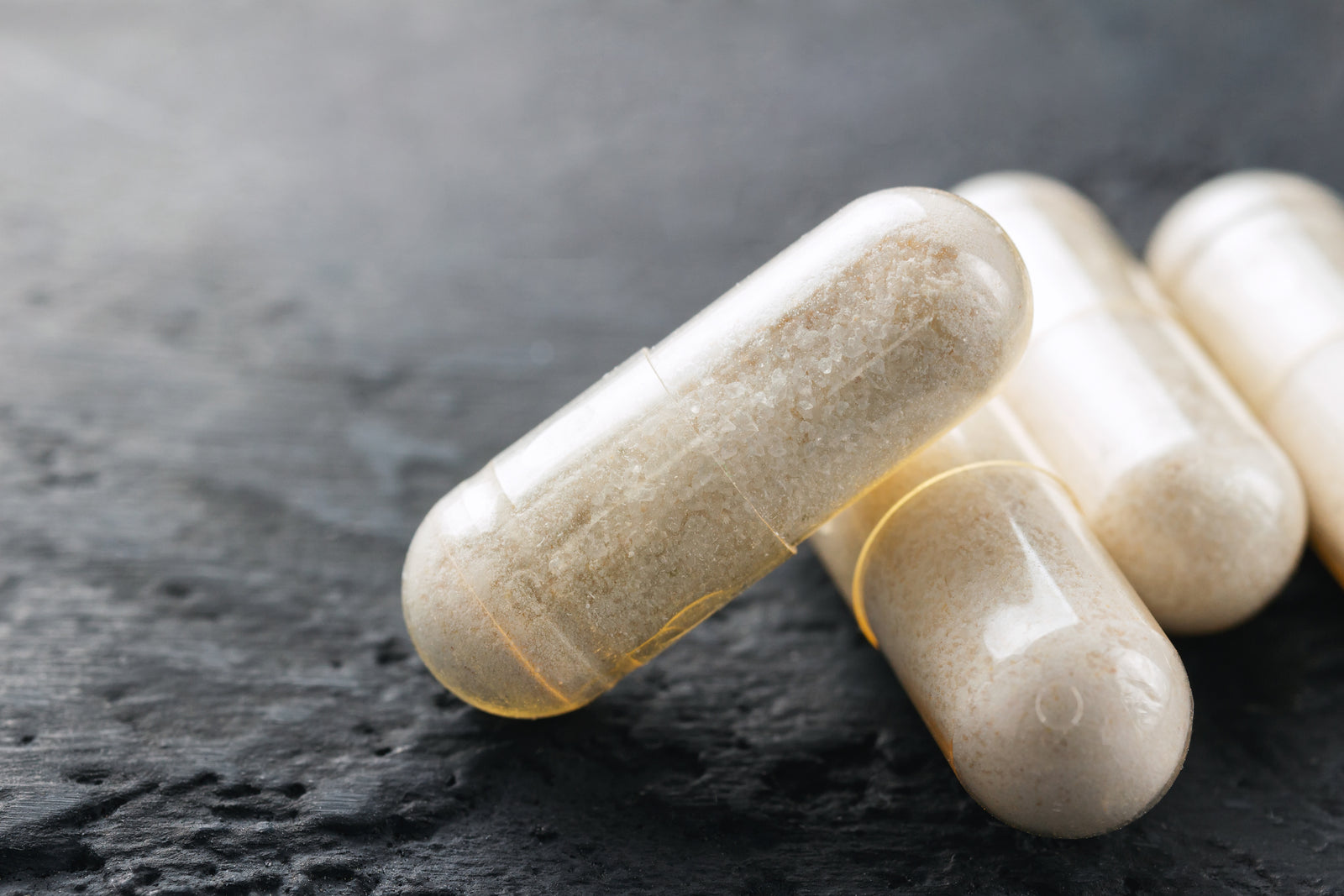Can Probiotics Be Too Strong?

You’ve taken the plunge and starting by introducing probiotics into your everyday routine. With many doctors and medical professionals praising how each probiotic delivers impressive results I wouldn’t blame for stopping for a moment to consider, can you have too much of a good thing? Can probiotics be too strong? That is exactly what we are exploring today, so stick around if you want to find out more and don’t forget to come and follow us over on Instagram for daily tips, new product launches and exclusive discounts.
How strong should probiotics be?
The way in which probiotics are measured are in colony-forming units, also known as CFU. This generally means they came in a higher level of dosage as it is considered the optimal way of seeing results. You can expect to find strains of probiotics containing as little as 1-2 billion live cultures, all the way to 20 billion in each capsule. With various studies exploring the effects of even higher levels of live cultures show that even closer to the trillion mark there is little to no additional benefit. This is also determined by the strain of bacteria you need to help combat anything you have concerns with, from irregular bowl movements to intimate health for women.
Can probiotics make your gut worse?
Yes, it is possible to experience some side effects, especially if you have only just started introducing probiotics into your daily routine. Many people find that there is an increase of feeling bloated, excess gas and mild upset to the stomach. These are the main side effects of taking bacteria-based probiotics, as for yeast-based probiotics you may find the opposite side effects occur, such as constipation and dehydration. All of these should subside after the first couple of weeks, but if you have any concerns, or find the are getting worse its best to stop taking the probiotics and consult with your GP.
Can you overdo it on probiotics?
Yes, you can, increasing the dosage of your probiotics over the usual 10 million units does not mean you’ll gain better results. Instead, you’ll find the opposite happens and you suffer from a flare up in uncomfortable side effects, from mild cramping to diarrhea. This is a result of the bacteria and live cultures in each capsule can, in fact, counteract the usual positive results of probiotics at restoring balance to the gut and improving your overall well-being.
Because probiotics are natural supplements there is no “right dose” to take, therefore it is important to check with a medical professional before using probiotics. With the vast number of different strains, products, and number of bacteria to try there is a high chance you’ll find the best form for you.
Can long term use of probiotics be harmful?
Yes, they can if taken incorrectly. As I have already mentioned probiotics contain a selection of goof bacteria which are already present in the body and are generally considered perfectly safe for almost everyone to use.
However, for a few introducing probiotics into their routine can trigger allergic reactions which can result in mild side effects. It is also considered to avoid taking probiotics if you have any health conditions, such as weakened immune system, serious infections or are critically ill. If you are pregnant or breast feeding it is also a good idea to consult with a doctor about finding the right time and the right product to use with the peace of mind you will avoid any unwanted side effects.
Should I take probiotics in the morning or at night?
This really boils down to you and your routine; probiotics are effective whether that are taken in the morning or evening. If you prefer taking your probiotics in the morning, try taking them first thing on an empty stomach to ensure the good bacteria is able to get to work quickly and effectively in the gut. By taking probiotics in the morning, you’re setting up your gut for a chance to remain as balanced as possible throughout the day.
If you prefer taking your probiotics in the evening, try taking them before bed after a few hours have passed since your last meal. The difference when taking probiotics in the evening is the gut is inactive during the night which ensures the good bacteria have longer amount of time to work their way into the gut and keeping it healthy and functioning properly.
What happens when you stop taking probiotics?
If you decide to stop taking probiotics, you’ll find the gut is most likely to return to its original state before you introduced the strains of good bacteria into your daily routine. This can be as soon as one week, or up to three weeks. You’ll find that because you are no longer providing the gut with a continuous supple of good bacteria any signs of discomfort, side effects or imbalance are most likely to flare-up again. By all means, you can have a break from taking probiotics, but for concerns with IBS, bowel irregularity and feminine intimate worries, you should ensure that you take probiotics regularly.
How do I know when to stop probiotics?
You’ll know when to stop taking probiotics when you find the common side effects, such as bloating, gas, diarrhea, or constipation have worsened or are showing signs of not improving. If you have suffered with these side effects for more than a few weeks you must stop taking probiotics and consult with your doctor. This will help your gut to rebalance and gives you enough time to look for another strain of good bacteria you are wanting to introduce into your routine.
There you have a little help with figuring out more about probiotics, how they work and whether or not they can be too strong. If you are wanting to find out more about how to take probiotics, you can check out our dedicated blog post.















